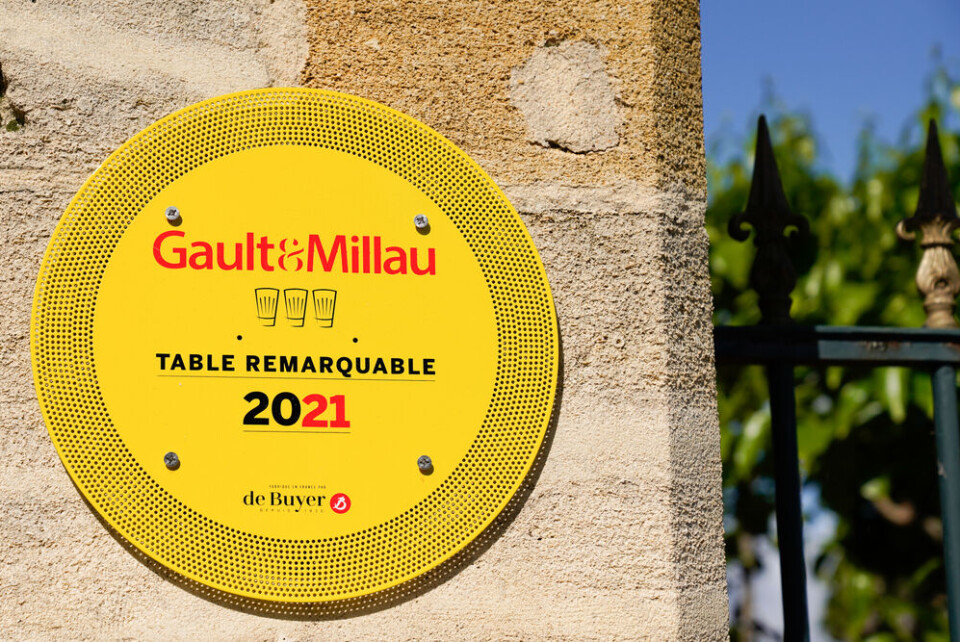-
Tips triple in French restaurants using suggested-tip payment terminals
Customers complain of feeling pressured to leave money
-
French recipe: duck Parmentier
Chef Matthew Ryle's mouth-watering French classic elevates shepherd’s pie with confit duck legs, perfect for warming up in cold weather
-
American diner and British café offer a taste of home in France
From big cities to tiny villages eateries are challenging preconceived ideas of Anglo-American cuisine
Thou shalt not overcook: How Gault & Millau’s style freed French chefs
In our series providing a sideways glance at French food, we look at the impact of nouvelle cuisine and how it helped fuel innovation in a strict business

While there is no disputing the importance of classical French cuisine – the technical, and often time consuming basics which are still the cornerstone of any young chef’s basic training – we also owe a debt of gratitude to nouvelle cuisine.
The name for this lighter, healthier, and less time-consuming form of French cooking – which broke from the restrictive dogmas established by the likes of ‘grande cuisine’ icons such as Carême and Escoffier – got its first official outing this month in 1974.
It was the monthly gastronomic magazine Gault & Millau, formed five years previously by Henri Gault, Christian Millau and André Gayot, that published its “10 Commandments of Nouvelle Cuisine”.
The commandments, with number 10 perhaps the most important, were:
I. Thou shalt not overcook.
II. Thou shalt use fresh, quality products.
III. Thou shalt lighten thy menu.
IV. Thou shalt not be systematically modernist.
V. Thou shalt nevertheless seek out what the new techniques can bring you.
VI. Thou shalt avoid pickles, cured game meats, fermented foods, etc.
VII. Thou shalt eliminate rich sauces.
VIII. Thou shalt not ignore dietetics.
IX. Thou shalt not doctor up thy presentations.
X. Thou shalt be inventive.
Thus, it was out with Tournedos Rossini and in with low-fat sauces and creativity.
Such was the impact of this new order – plus their restaurant ratings guide already going since 1965 – that Gault and Millau appeared on the cover of Time in 1980.
Gault died in 2000, and Millau in 2017, having changed French cuisine forever.
Related articles
French food notes: The salty tale behind Jambon de Bayonne
French food notes: Traditional Dijon dish was created by twist of fate
























